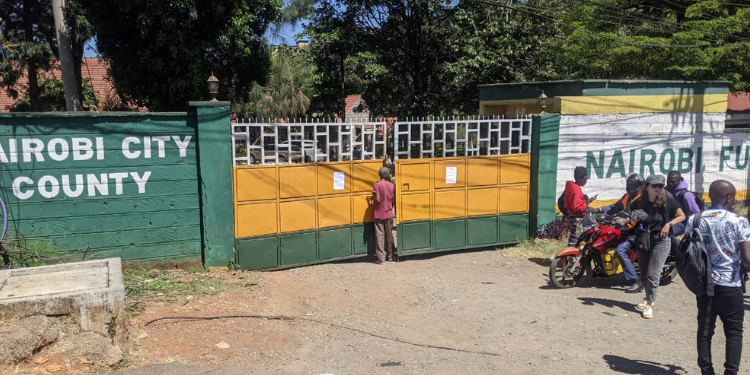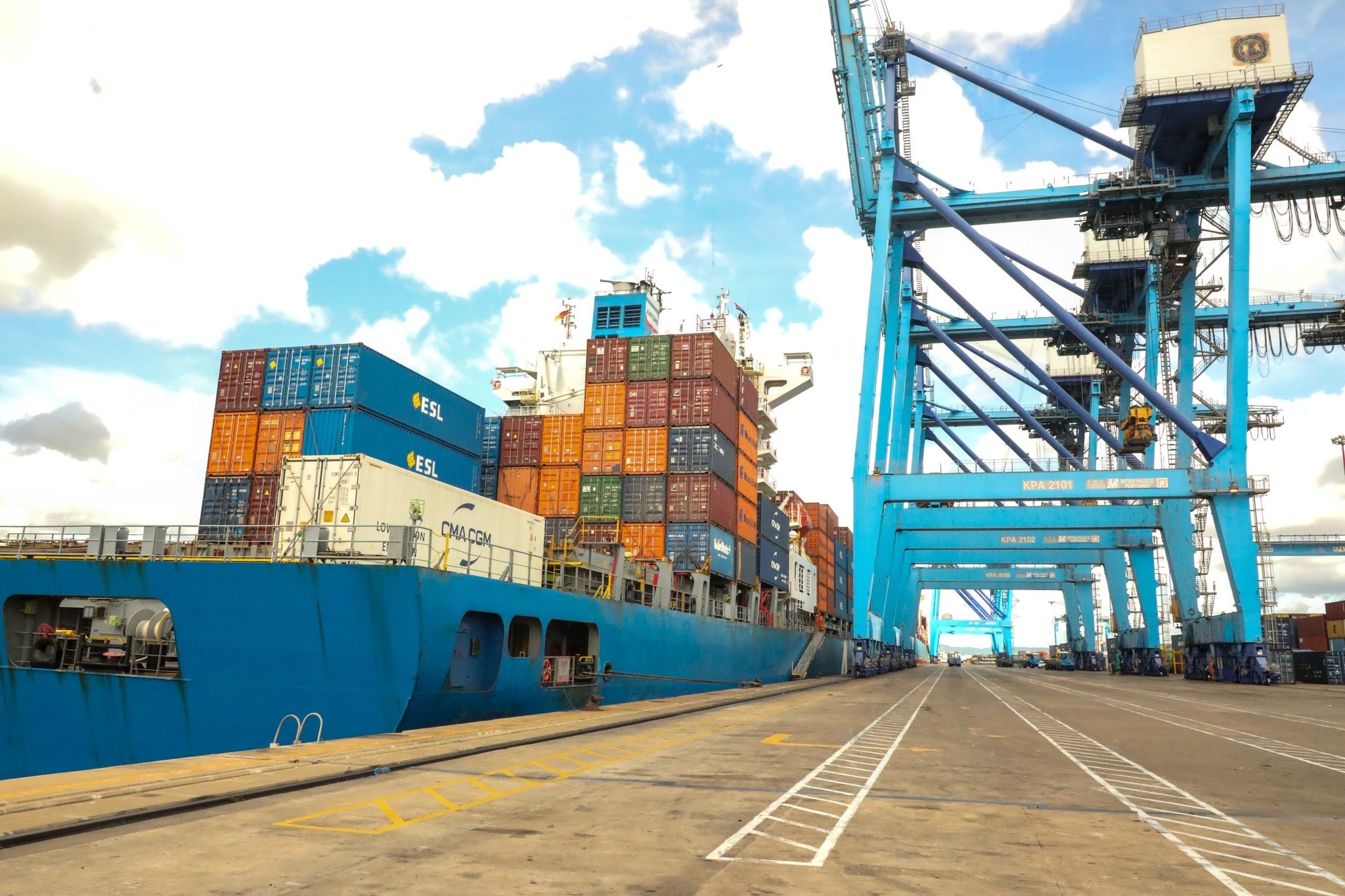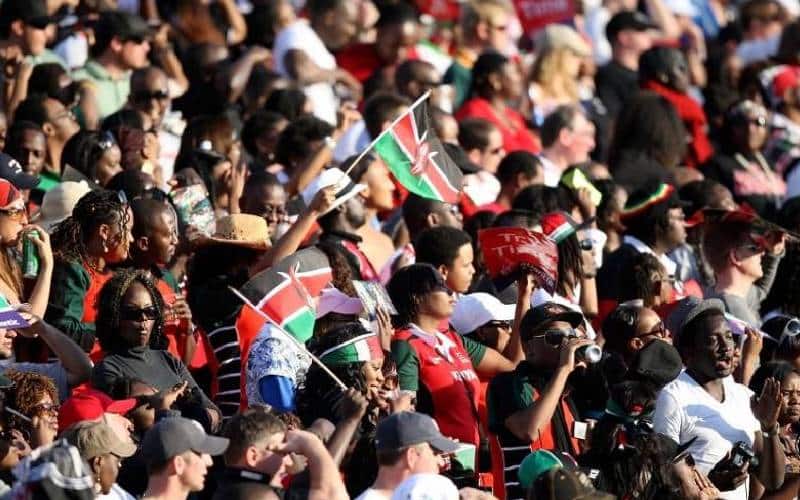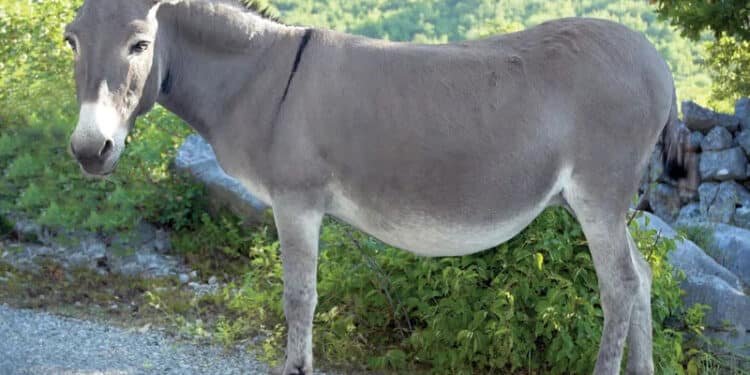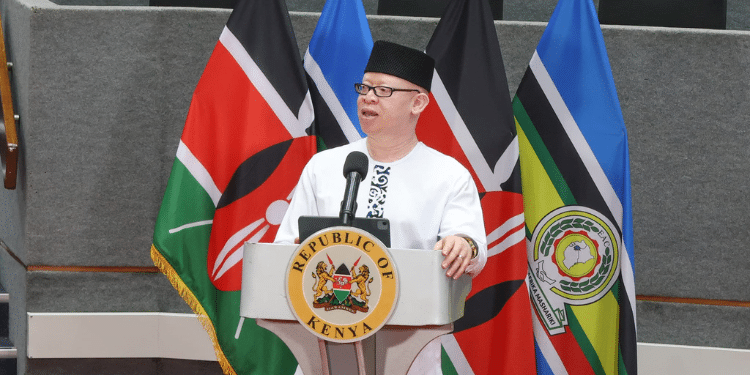Police officers from Ndeiya in Limuru, Kiambu County on Wednesday, February 22 arrested two persons who have been allegedly slaughtering donkeys illegally before transporting the meat to markets in Kiambu and Nairobi.
In a video footage by KBC and seen by The Kenya Times, officers from the Directorate of Criminal Investigation (DCI)can be seen combing a thicket where the carcass of two slaughtered donkeys lay on the ground.
Police say once the donkeys are slaughtered and skinned, the meat is ferried to Burma market where it is sold to unsuspecting Nairobians who mistake it for beef.
The arrest of the two suspects whose identity is yet to be made public comes barely a month after Brooke East Africa, a group that deals with donkey rights expressed concern over the dwindling number of donkeys in the country.
Also Read: China’s Demand for Africa’s Donkeys is Rising. Why it’s time to Control the Trade
Brooke East Africa works in 22 counties within Kenya, Somaliland, South Sudan, Tanzania, and part of Northern Uganda, through a strategic partnership model engagement.
According to Raphael Kinoti, the regional director of Brooke East Africa, Kenya may not have a single donkey by 2024 if the slaughter of the animal continues.
“Our donkeys are being slaughtered daily. This thing is happening in silence, and no one seems to care. We are urging our government to take care charge and protect this animal. It supports millions of hustlers,” Kinoti said.
“Donkeys in Kenya are kept for work and not for slaughter: if we slaughter donkeys for their skins, livelihoods are lost,” Kinoti added.
According to the 2019 Kenya Agricultural and Livestock Research Organization (KALRO)report: The Status of Donkey Slaughter for Skin Trade and Its Implications on the Kenyan Economy, a total of 301,977 donkeys were slaughtered between 2016 and 2018 in the four donkey abattoirs, representing 15.4 per cent of the country’s donkey population.
KARLO further projected that Kenya would be slaughtering the last of her donkey species this year if the trend continues.
“The incoming government is a hustler government, as donkeys help lots of hustlers and slaughtering them for skins only subjects the donkey-owning hustler to abject poverty,” Kinoti added.
A substantial proportion of Kenya’s 1.17 million donkeys are found in semi-arid areas where women use them to transport water and firewood. Others are used in agricultural areas to transport farm produce to markets and households and in urban areas for transporting commercial goods and water vending services.


